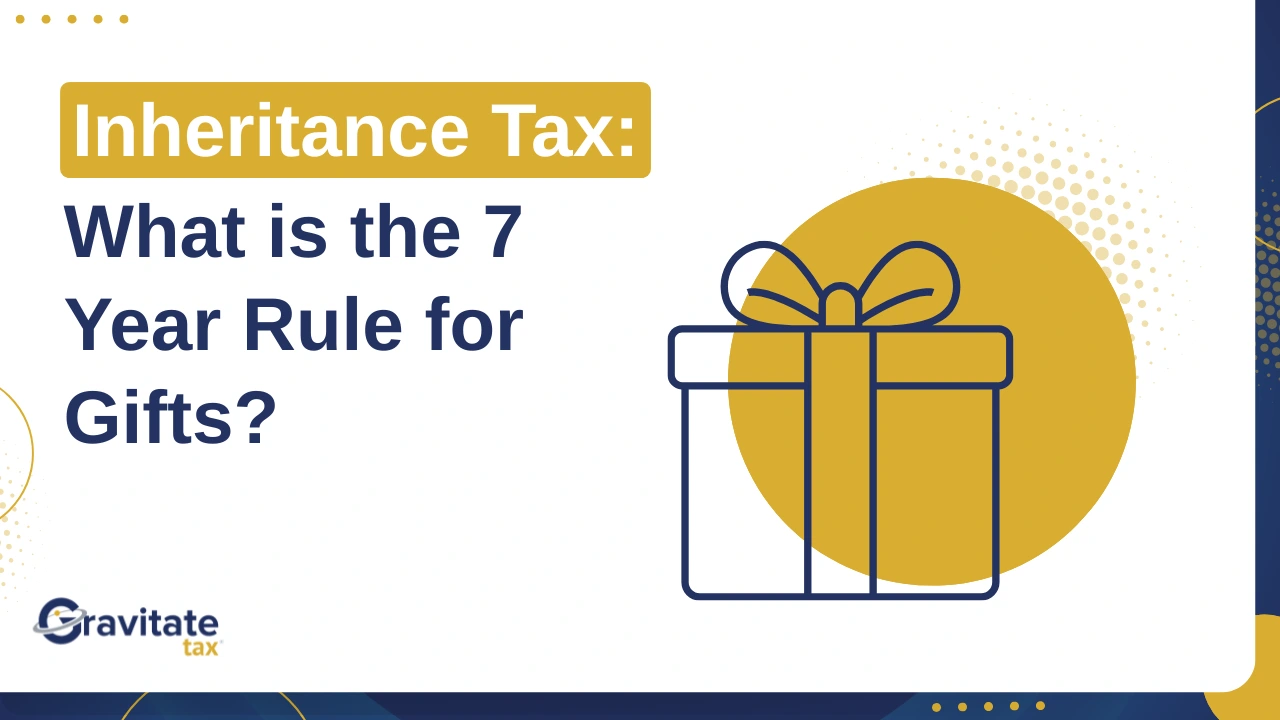As the UK moves closer to becoming a cashless society, hospitality is one of a handful of sectors that remains cash heavy. While there have been fluctuations, such as the COVID-19 pandemic, cash continues to be a staple of hospitality.
If your hospitality business uses a lot of cash – ask yourself a question. Do you know that every penny is accounted for?
The answer may be no, and you won’t be the only one.
In this blog, I’ll run through the most common issues faced by hospitality businesses juggling cash and digital payments, with suggestions on how you can make life easier.
Cash remains popular in hospitality
Despite the UK moving away from cash in favour of digital payment solutions (some industries have abandoned cash entirely), cash still plays a very important role in hospitality.
- One example is tipping culture, which plays a major role in restaurants, bars and hotels. While digital tipping is becoming more common, cash is still preferred by many.
- Hospitality businesses (especially restaurants and hotels) must also be accessible to a wide range of customers, too. Some of these may not have access to modern digital payment methods. Or they may simply prefer cash!
Why does this make reconciliation difficult?
A fast-moving business that blends cash and digital transactions can be a nightmare to reconcile. It makes it harder to verify that your books match up with the records of other parties, like banks, suppliers, and HMRC.
Recording different transaction types
Your business will have a point-of-sale (POS) system which records debit card payments. It may also have an online booking system, taking payments/deposits from your company website.
On top of that, you will have cash drawers filled and tallied up manually. Reconciliation of these data sources can be time consuming and makes your business vulnerable to errors.
It’s harder to detect errors or discrepancies
Without an automated digital log of transactions, it can be more difficult to identify discrepancies. These could be a result of user error, inadequate controls, or theft/fraud. Your team may need to do extra work to ensure everything is accurate and secure when processing multiple payment types.
It increases the risk of theft
Hospitality businesses that deal with lots of cash are more likely to be a target of theft (both internally and externally). A study in 2024 revealed that hospitality was the UK’s second most crime-prone industry, and the prevalence of cash on site was highlighted as a leading cause.
Chargebacks and refunds
Potential chargebacks and refunds are another example of how different transaction types can cause problems. You will need to investigate and reconcile every chargeback, which requires meticulous transaction records. The addition of cash as well as digital transaction is another time-consuming step that you must take.
How can hospitality businesses adapt and move away from cash?
The hospitality sector is no stranger to adapting to new situations and overcoming economic challenges. It is unlikely that the cashless trend is going to change. Successful hospitality businesses must adapt to this.
The long-term goal, therefore, should be to embrace technology and become less reliant upon cash transactions to make a profit.
Fortunately, there are plenty of ways you can do this.
Promote digital payments (and make them more accessible!)
Digital payments don’t just mean chip and pin. To encourage more customers to pay digitally, make sure you are offering as many digital payment options as possible. These include:
- Contactless payment terminals
- Mobile payment apps
- Online payment platforms
- QR code payments
Customers want an easy and accessible way to pay. The more of these are available, the less likely they are to prefer cash.
Make sure your tech is up to date
- Modern point-of-sale systems can seamlessly integrate with several different payment methods, as well as your digital accounting software.
- On that note – make sure you are using the most relevant and user-friendly accounting software for your business needs!
- Ensure you have a strong and reliable Wi-Fi connection. Poor signal can cause digital payment methods, to the great frustration of you and your customers.
- Use secure payment gateways to protect customer data and prevent fraud.
Move systems and services online (where you can)
- Offering online ordering and table reservations encourages more customers to use digital payment options.
- This can also reduce your paper usage and streamline your records!
Focus on customer experience
- Hospitality businesses should aim to provide a positive and stress-free customer experience.
- While you should cater for customers who prefer cash as much as possible, having fast, efficient, and user-friendly digital payment processes in place will make life easier for them.
- You should clearly communicate all digital payment options to customers, with knowledgeable staff available to help with any queries.
When moving toward cashless, remember to be inclusive. Some customers still rely on cash. It is important not to pull the rug out from beneath customers and forcing them to change their preferred spending methods could drive them to your competitors!
Gravitate has worked with many clients in the hospitality sector, as well as their owners. We understand the unique challenges facing the industry and are committed to using our skills to help our hospitality clients automate and optimise their finances for growth and success. Send us a message today if you’d like to discuss your business.

.png)


.png)

.png)
.png)

.png)
.png)
.png)













.png)
.png)
.png)

.png)
.png)

.png)



.webp)
.webp)












.jpg)

.webp)
.png)

.svg)
